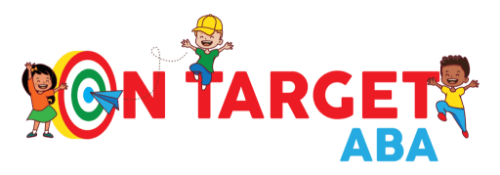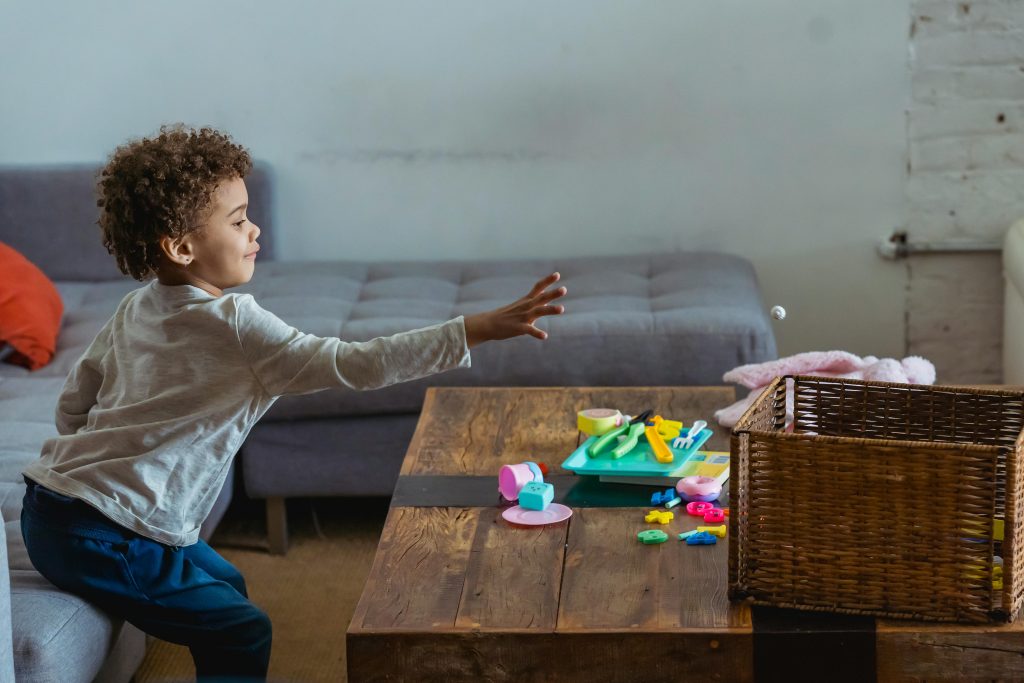🧠 AI Summary:
This article explains why early intervention in ABA therapy is one of the most effective ways to support children with autism. It covers how starting ABA early builds communication, social, and life skills that lead to lasting independence. Parents will learn what “early intervention” means, what milestones to look for, and how On Target ABA creates individualized programs that help every child grow with confidence from the very start.
Introduction: Every Day Counts in a Child’s Journey
When it comes to supporting children with autism, time is one of the most powerful tools we have. The earlier a child receives intervention, the stronger the foundation for learning and growth becomes.
At On Target ABA, we see every day how early intervention ABA therapy helps children build communication, confidence, and independence. Starting early doesn’t just teach skills — it shapes futures. 🌈
What Is Early Intervention in ABA Therapy?
Early intervention means beginning ABA therapy as soon as developmental differences are noticed — often between 18 months and 5 years of age.
ABA, or Applied Behavior Analysis, uses positive reinforcement and structured learning to teach communication, social skills, play, and self-help behaviors. When started early, it helps children catch up on essential milestones during their most formative years.
Early doesn’t mean rushed — it means responsive. The goal is to meet the child where they are and build skills step by step.
Why Early Intervention Works
1. The Brain Is Most Adaptable in Early Childhood
Neuroscience shows that during the first five years of life, the brain forms new connections faster than at any other time. ABA therapy harnesses that potential through repeated, meaningful practice — helping children learn language, attention, and behavior patterns that last a lifetime.
2.Learning Becomes Natural Through Play
At this age, play is how children explore the world. ABA turns those natural moments into learning opportunities — practicing turn-taking, labeling, and following directions in fun, interactive ways.
3.Parents Become Empowered Teachers
Early intervention includes parent training from the start. Families learn reinforcement strategies, visual supports, and behavior management skills that strengthen consistency across all environments.
💙 Together, therapists and families become partners in progress.
Key Skills Targeted in Early Intervention ABA Therapy
Early intervention ABA programs focus on the building blocks of lifelong learning.
🗣️ Communication Skills
Using words, gestures, or devices to express needs and emotions.
🤝 Social Interaction
Making eye contact, responding to names, and engaging in cooperative play.
💪 Daily Living Skills
Following routines like washing hands, eating independently, and tidying up.
💬 Behavioral Regulation
Replacing meltdowns or frustration with calm communication strategies.
🎯 Cognitive and Academic Readiness
Improving focus, matching, counting, and pre-reading foundations for school success.
Each child’s program at On Target ABA is customized to their unique strengths, challenges, and goals.
Carrying Early Intervention Into the Home
What happens at home matters as much as what happens in therapy.
Families can reinforce progress through:
- Visual schedules to build structure
- Choice-making to promote independence
- Play-based learning to strengthen engagement
- Positive reinforcement to encourage desired behaviors
At On Target ABA, our therapists coach parents on how to bring ABA techniques into everyday life — from mealtime routines to bedtime stories.
The Role of Collaboration in Early Intervention
No child grows alone — it takes a team. Early intervention thrives when parents, BCBAs, teachers, and caregivers all work together.
We collaborate closely with:
- Preschools and early learning centers for consistent strategies
- Speech and occupational therapists for well-rounded support
- Medical providers to align therapy with developmental goals
This teamwork ensures that every success in therapy transfers to real-world confidence.
When Should Parents Seek ABA Support?
Early signs that may benefit from evaluation include:
- Limited eye contact or social interest
- Delayed speech or language development
- Repetitive behaviors or fixated interests
- Difficulty transitioning between activities
- Minimal response to name or instructions
If parents notice these signs, it’s never “too soon” to ask questions. An early start can open doors to understanding, communication, and connection.
💙 The On Target ABA Difference
At On Target ABA, our early intervention programs are built on compassion and science.
✨ Play-Based Learning: Every session feels natural, fun, and engaging.
✨ Family Collaboration: Parents are part of every milestone.
✨ Data-Driven Progress: Goals are measurable, transparent, and celebrated.
✨ Flexible Settings: Center-based and in-home early intervention options available across Ohio and Utah.
Every small success — a smile, a word, a high-five — is a step toward a brighter future.
Conclusion: The Future Starts Now
Early intervention isn’t just about starting therapy early — it’s about giving children the chance to thrive when their potential is greatest.
When children receive early intervention ABA therapy, they don’t just learn skills; they learn confidence, independence, and self-expression that carry through life.
At On Target ABA, we’re honored to walk with families at the very beginning of their journey — turning early steps into lifelong success. 💙

